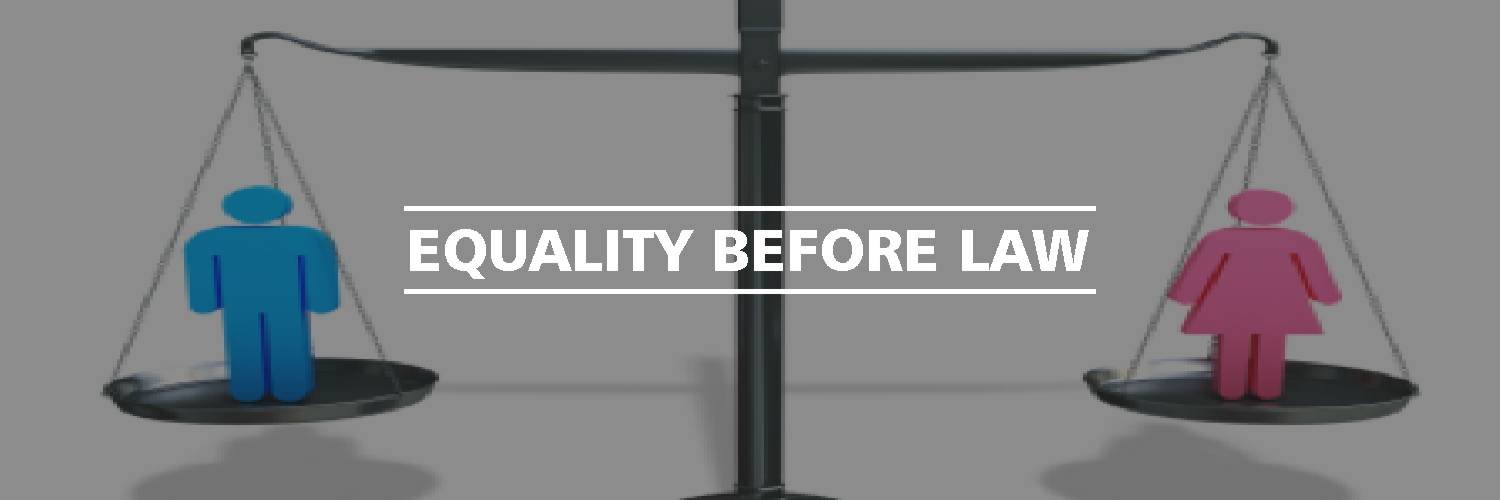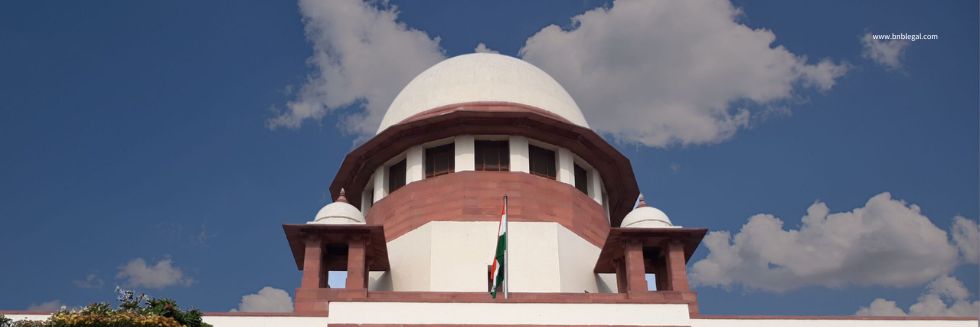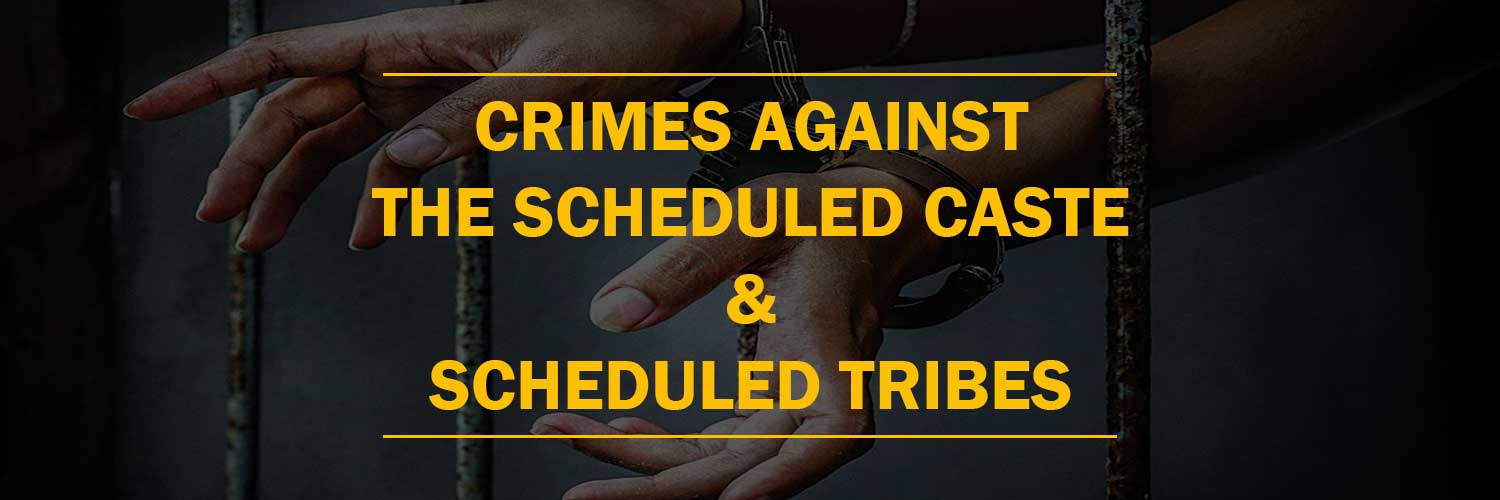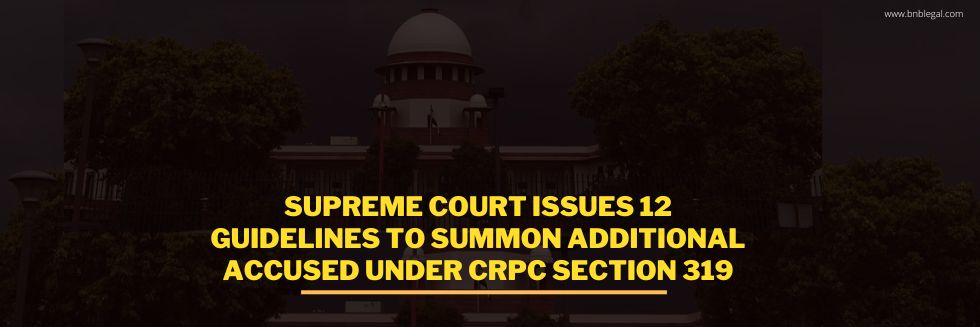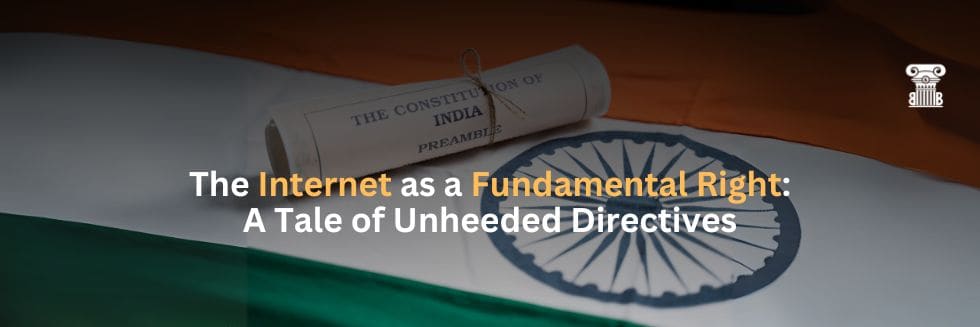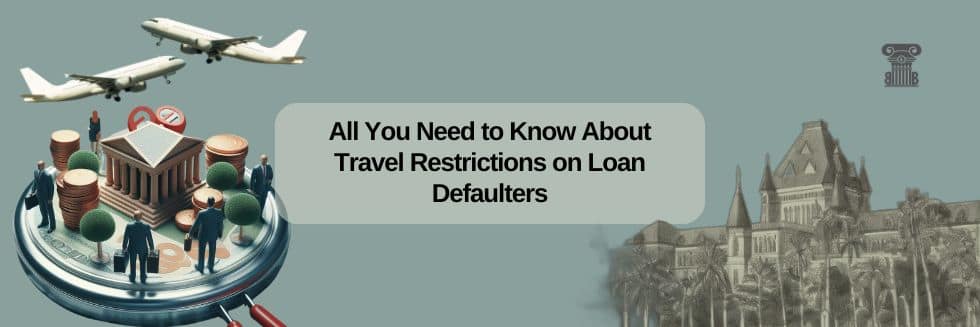Article 14 of the Constitution of India deals with equality before the law. It secures “equality before the law” and “equal protection of laws”. Equality before the law, also known as equality under the law, equality in the eyes of the law, or legal equality, is the principle that constitutes that each independent human being must be equally considered in the eyes of law and that all people are subject to the same laws of justice. Therefore, no individual or group of individuals should be privileged or discriminated under the law.
Thus, everyone must be treated equally under the law irrespective of race, gender, origin, color, ethnicity, religion, disability, or other characteristics, without privilege, discrimination, or bias. Equality before the law is one of the basic principles of laissez-faire.
All persons are equal before the courts and tribunals. In the conviction of any criminal charge or rights and liabilities in a suit of law, every person shall be called to an equitable and public hearing by a competent, independent and impartial tribunal resolved by law.
The concepts of ‘Equality before Law’ and ‘Equal Protection of Law’ are encompassing in Article 14 i.e. Right to Equality in the Indian Constitution. While the originating concept is the same, i.e., every citizen of India is equal in all aspects; yet, the two above-mentioned concepts are slightly and only individually different in their nature.
It has been generally agreed that “Equal protection by law” is a corollary of “Equality before Law”, the difference between both is defined as under-
“Equality before Law” ~ Basically, the State cannot deny anybody equality before the law. This is more of a restriction on the State, i.e., it will treat you or me in the same manner as it treats (say) Mr.Narendra Modi or Mr. Salman Khan. No distinction on the basis of caste, creed, religion, socio-economic status etc. will be shown by the State in determining our rights and dignity before the State.
“Equal protection of Laws” ~ This is a more positive concept implying equality of treatment in equal circumstances. Equals must be treated alike is the underlying factor.
So, they are the two wings of the same bird. They fly in the same direction. Firstly, the State cannot differ between (say) Mr. Modi and you, and in equal circumstances, and secondly, you and Mr. Modi are to be provided the same rights and protection measures by the State.
